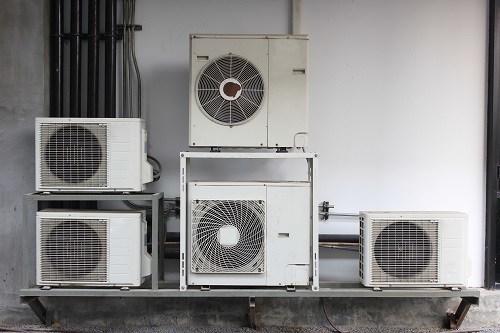On 15 October, 197 nations attended a UN conference in the Rwandan capital of Kigali to negotiate a significant amendment to the 1987 Montreal Protocol treaty, committing to reduce global emissions of hydrofluorocarbons (HFCs).
Nations of Europe, the US and Japan will lead efforts by limiting their use of HFCs by at least 10% by 2019, in addition to China by 2024, while developing countries including India, Brazil and the Gulf states will freeze their use by 2028.
HFCs are widely used in aerosol sprays, air conditioning and fridges, and are described by the EPA as being particularly potent industrial pollutants. The eradication of HFCs has the potential to reduce global warming by 0.5 degrees by 2100, according to a 2015 study from the Institute for Governance and Sustainable Development.
The agreement is widely viewed as a significant step in aiming to reduce global emissions and tackle climate change, and will play a vital role in keeping last year’s Paris agreement on track to reduce global warming.
US Secretary of State John Kerry praised the deal made on Saturday: “It's a monumental step forward, that addresses the needs of individual nations but it will give us the opportunity to reduce the warming of the planet by an entire half a degree centigrade.
“Agreeing a deal to phase down the use of HFCs is the single most important step we can take to limit the warming of the planet.”
While the process of reducing emissions will be gradual, it is estimated that the impact of the new agreement is equal to halting global fossil-fuel CO2 emissions for more than two years.





